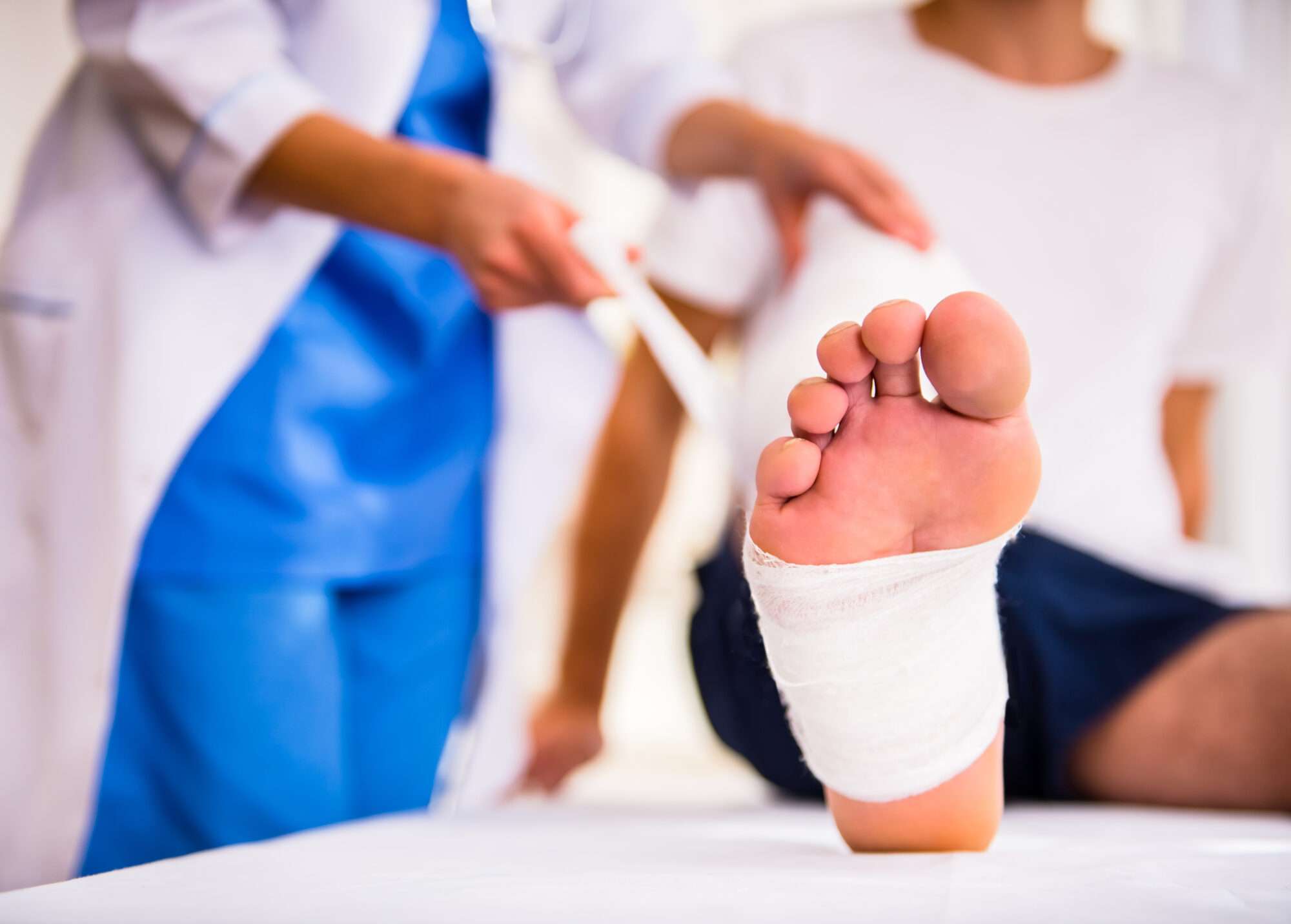It happens in an instant. Imagine driving home after a long day, only to be blindsided by a massive tractor-trailer. The crash leaves your car mangled, your body injured, and your world turned upside down. When the dust settles, the question remains: who is responsible for the devastation? Often, the answer isn’t as simple as it seems.
The Devastating Impact of Truck Crashes
Tractor-trailers are behemoths on the road, weighing up to 80,000 pounds when fully loaded. When these vehicles collide with smaller passenger cars, the results are often catastrophic. Victims face severe injuries, prolonged recovery periods, and financial strain. Beyond physical harm, navigating the complex legal landscape of trucking claims can feel overwhelming. Our team understands the challenges victims face. Our team is dedicated to holding every responsible party accountable as we seek justice in your case and work to secure the compensation you deserve.
Understanding Liability in Tractor-Trailer Collisions
Trucking collisions often involve multiple parties, each potentially contributing to the incident. Here are some of the key players who may share liability:
Truck Drivers have a legal responsibility to operate their vehicles safely and in compliance with federal regulations. When they fail to do so, they can cause devastating crashes. Common driver errors include:
- Driving while fatigued, often due to exceeding federally mandated Hours of Service limits.
- Operating under the influence of drugs or alcohol.
- Failing to secure cargo properly, leading to dangerous load shifts.
Drivers must also inspect their vehicles before hitting the road, ensuring that brakes, lights, and tires are in good condition. Neglecting these duties can make them a liable party.
Trucking Companies can be held accountable under the legal doctrine of vicarious liability, which means they are responsible for the actions of their agents or employees when those actions occur within the scope of agency or employment. Additionally, companies may bear direct liability for:
- Hiring unqualified or negligent drivers.
- Ignoring vehicle maintenance schedules.
- Pressuring drivers to exceed legal working hours.
Federal regulations, such as those enforced by the Federal Motor Carrier Safety Administration (FMCSA), require trucking companies to keep detailed records of driver activity and vehicle maintenance. Any failure to comply can lead to significant liability.
Truck Owners and Maintenance Providers are responsible for routine inspections and maintenance to ensure trucks are safe to operate. If the vehicle’s owner or maintenance team fails to address mechanical issues—such as faulty brakes or worn-out tires—they may share responsibility for a collision.
Manufacturers of Trucks or Components can be held accountable for defective truck parts, such as brakes, steering systems, or trailer hitches. If a manufacturing flaw contributed to the crash, this party could be pursued for damages under Georgia’s product liability laws.
Cargo Loaders are responsible for ensuring loads are evenly distributed and secured with proper equipment. Improperly loaded or unsecured cargo can cause a tractor-trailer to become unbalanced, making it nearly impossible for a driver to maintain control.
Other Drivers may contribute to the collision through negligent actions, such as speeding, reckless lane changes, or distracted driving. In these cases, a thorough investigation is often necessary to determine fault.
Georgia’s Comparative Fault System
In Georgia, victims can still pursue damages even if they are partially responsible for the crash. However, the state follows a modified comparative fault rule, which means you cannot recover compensation if your share of liability is 50% or greater. When the percentage of fault is less than 50%, any award you receive will be reduced by your percentage of fault.
For example, if you are found 20% responsible for a collision and your total damages are $100,000, you would receive a judgment for $80,000. This underscores the importance of avoiding statements or actions that could inadvertently shift more blame onto you.
What to Do After a Tractor-Trailer Collision
If you’ve been involved in a trucking collision, taking the right steps can protect your health and your legal rights:
- Seek Medical Attention. Your health and safety come first. Even if injuries seem minor, seek medical care immediately to document your condition.
- Gather Evidence. If possible, take photos or videos of the scene, including vehicle damage, road conditions, and any visible injuries.
- File a Police Report. A police report provides an official record of the incident, which can be crucial for building your case.
- Avoid Discussions with Other Parties. Do not admit fault or discuss details with other drivers or insurance representatives. Let your attorney handle communications.
- Consult an Experienced Attorney. A knowledgeable lawyer can investigate the crash, identify all liable parties, and advocate for maximum compensation. Rest assured, trucking companies and their insurers become involved in shaping evidence immediately. The longer you wait to ensure your rights are protected, the greater the difficulty of obtaining a recovery.
Building a Case When Multiple Parties Are Liable
Determining liability in a trucking collision requires a meticulous investigation. Our team at Lazenby Law Group will work with experts and investigators to compile evidence regarding your crash. We may review driver logs, maintenance records, and cargo manifests, work with accident reconstruction experts to establish causation, and identify all parties whose negligence contributed to the crash. Once liability is established, we will develop the necessary evidence to pursue fair compensation for both economic and non-economic losses. Negotiations with insurance companies without the assistance of an attorney in a trucking case will fail. Insurers must understand early that you, with our assistance are ready to take your case to trial.
Why Choose Lazenby Law Group
At Lazenby Law Group, we specialize in navigating the complexities of multi-party liability in tractor-trailer cases. Our team’s experience, dedication, and attention to detail ensure you receive personalized representation. We fight tirelessly to hold every responsible party accountable so you can focus on what truly matters—your recovery.



